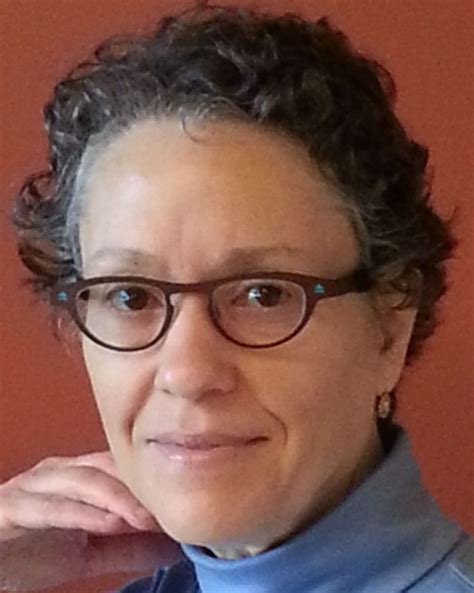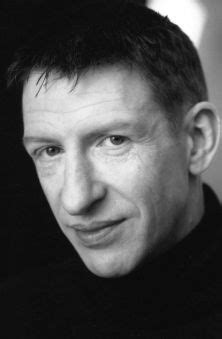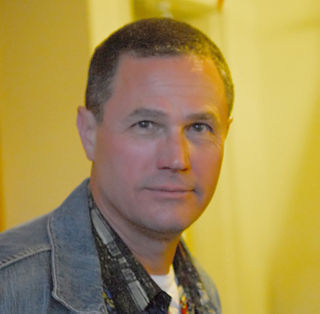A Quote by Ron Kovic
We who have witnessed the obscenity of war and experienced its horror and terrible consequences have an obligation to rise above our pain and suffering and turn the tragedy of our lives into a triumph.
Related Quotes
We meditate alone but live our lives with other people; a gap is inevitable. If our path is to lead to less suffering, nd much of our suffering is with other people, then perhaps we need to reexamine our sole commitment to these individual practices... As our individual pracitce deepens, it may yiled true ease. But whether we practice meditation in seclusion or independently alongside other meditators at a meditation group or retreat, individual meditation approaches the confusion and pain of our relational lives only indirectly.
Compassion allows us to use our own pain and the pain of others as a vehicle for connection. This is a delicate and profound path. We may be adverse to seeing our own suffering because it tends to ignite a blaze of self-blame and regret. And we may be adverse to seeing suffering in others because we find it unbearable or distasteful, or we find it threatening to our own happiness. All of these possible reactions to the suffering in the word make us want to turn away from life.
Since the purpose of reading, of education, is to become good, our most important task is to choose the right books. Our personal set of stories, our canon, shapes our lives. I believe it is a law of the universe that we will not rise above our canon. Our canon is part of us, deeply, subconsciously. And the characters and teachings in our canon shape our characters--good, evil, mediocre, or great.
A thin line separates laughter and pain, comedy and tragedy, humor and hurt. Our lives constantly walk that line. When we slip off on one side or the other, we're taken by surprise. But who said there wouldn't be surprises? Knowing God just means that all the rules will be fair; at the end of our life drama, we'll see that. We never know how things will turn out, but if we know with certainty they will make sense regardless of how they turn out, we're on to something.






































